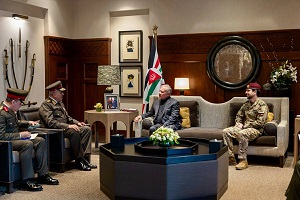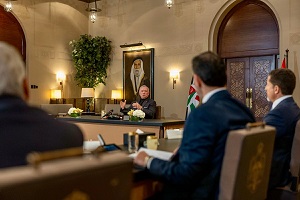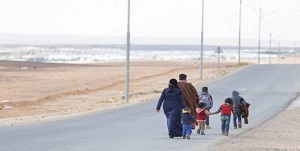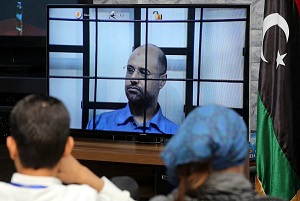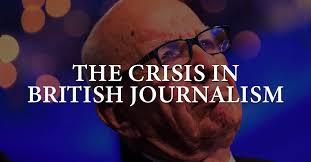Iraqi politicians focus on buying, not convincing voters - By Mustafa al-Kadhimi, Al-Monitor
Our definition of the Iraqi state is vague. Is it based on a ruling sect or a ruling party? Is it a national or religious institution, or is it a state for all its citizens, as it is supposed to be? It's not as easy to answer this as one may expect. Iraq has never known the concept of citizenship for it to use it as a cognitive framework to define the state in the first place.
Iraqi citizens are seen by many political and partisan entities as “merchandise.” They are mere votes, ready to be sold in exchange for electoral money and cheap mattresses and heaters distributed prior to the elections. The price can even be a sectarian slogan, or it can involve a barter over the margin of security and freedom. It can be a photo of a candidate trying to open sewers in the streets by himself or offering food to participants in a religious event.
Iraqi parties come up with any number of offerings in their attempts to find themselves a place in an electoral market that undermines the prestige of the state and the dignity of the citizen.
When elections are perceived as a project to take over the state, rifts emerge within the government. The latter then becomes a party struggling not to take over the state but rather to seize the wealth of the people. It becomes a group of people that perceives the seat of power as a golden chance to plunder.
Ten years after the regime change, Iraqi political parties will spend the elections at the end of April 2014 refusing to pass a law regulating their work, exposing the sources of their funding and governing their slogans and behaviors. They consider such legislation an obstacle in their efforts to take over the state and a secondary issue to their exertions to affirm their legitimacy.
Without a law regulating political parties, the door will be opened for external funding, internal sectarianism and dangerous security challenges, which will be used to win the elections.
Iraq, which lacks any useful regulatory laws on political activity, is paying the price. Those in power do not use the lack of such laws to take over the state, but rather try to manage things in a way that allows them to remain on the political scene as long as possible and to prohibit the forming of new competing currents.
When the problems of the state have been discussed in Iraq, the Iraqi parliament did not put forth legal frameworks, nor did it solidify the concept of citizenship. Instead, it was preoccupied with its attempts to topple the administration, while the administration was itself busy trying to marginalize the parliament. Both sides, however, let the Iraqi state be sucked into a perilous legal vacuum in of chaotic relations between powers, uneven wealth distribution, unclear divisions of power, ill-defined citizenship and rampant discrimination, abuse and monopolization.
Other political forces have also been preoccupied with their continuous jockeying for position and fighting to topple each other.
As elections approach, powers are competing to showcase their abilities to better the lives of citizens instead of presenting electoral platforms that increase national productivity and provide services. They are also failing to put forth ideas and draft laws that foster social justice and eliminate corruption. They do not even clarify their plans to stop terrorism and achieve security.
All their tactics are meant to accuse and diminish the other, not to find solutions. Instead, these powers compete to instill fear of the future, accusing their rivals of driving the state toward chaos and civil war and of smashing and weakening the sects. They accuse their rivals of being subordinated to and funded by other countries.
Attempts to undermine the state continue. Ten years of suffering and a lack of security and services have not put an end to them. Even the reluctance of voters to encourage such practices has not helped.
The only message to be conveyed is: Iraq needs true founders who are at peace with themselves and their environment. It needs statesmen in the professional sense of the word. Coming up with these men and women will not be an easy mission during the next elections, which burden voters with a responsibility not everyone can bear.
